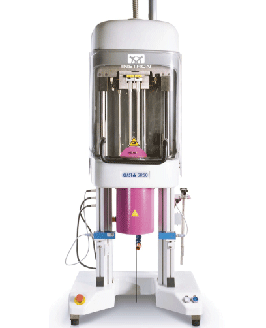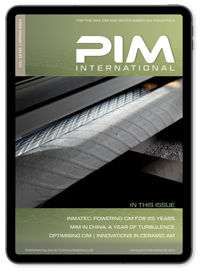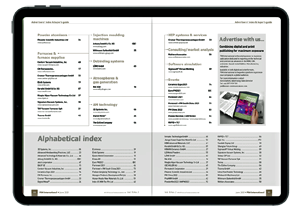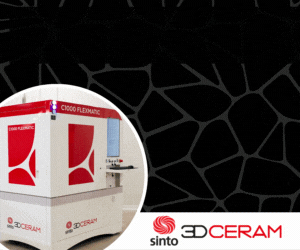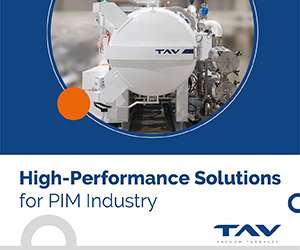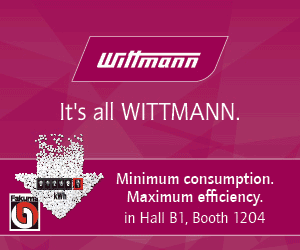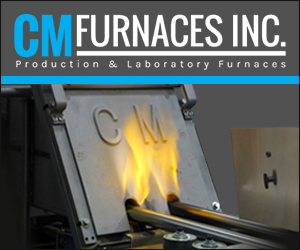Rheometer testing of feedstock for Metal Injection Moulding
February 5, 2013
It is well known that Metal Injection Moulding (MIM) feedstock, where the biggest percentage in mass terms is the metal powder, can be made to behave like plastic when heated and forced to flow. The polymeric part of the binder melts and flows carrying the metal powder particles as a filler. Instron of High Wycombe, UK, was asked to test several samples of MIM feedstock to ascertain whether its CEAST SR20 capillary rheometer was suitable for process control in MIM manufacturing.
The tests confirmed that MIM feedstock samples behave almost like commodity plastics from the point of view of flow and stability. The rounded shape, fine metal particles did not create agglomerates which could clog the capillary die, nor did they scratch the surface of the barrel. Dies made of tungsten carbide with very high surface hardness were found to offer a better abrasion resistance compared to steel dies, and guaranteed a longer life with the correct dimensional tolerances.
Instron stated that the temperatures and pressures required to generate the processing flow conditions are easily covered by the CEAST SR20 capillary rheometer, and the best configuration was found to be a 20 kN unit with standard barrel and 1 mm diameter capillary dies.
News | PDF Store | Magazine Subscriptions | What is PIM? | e-newsletter




